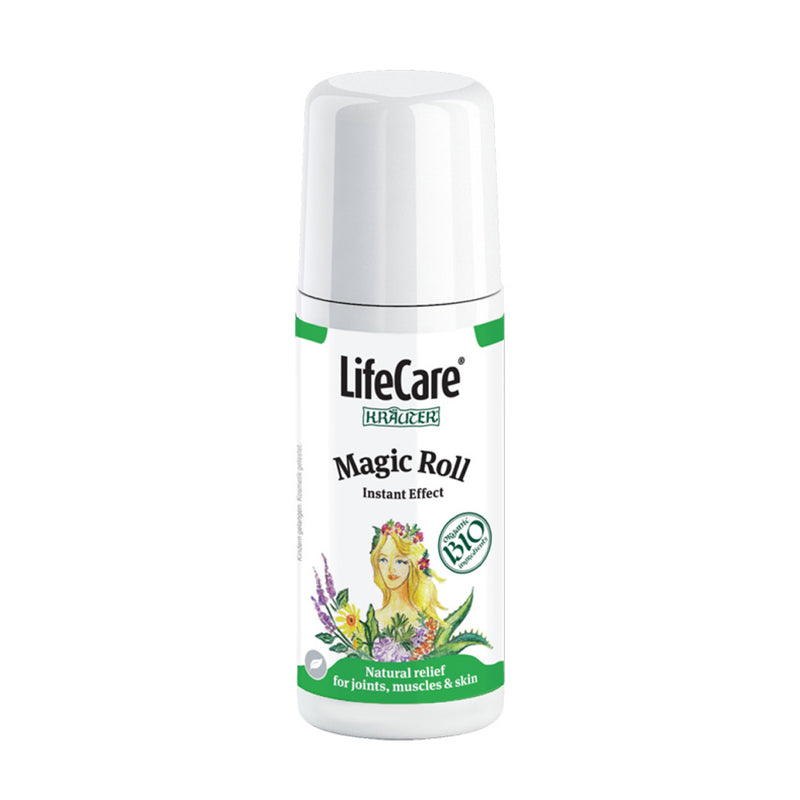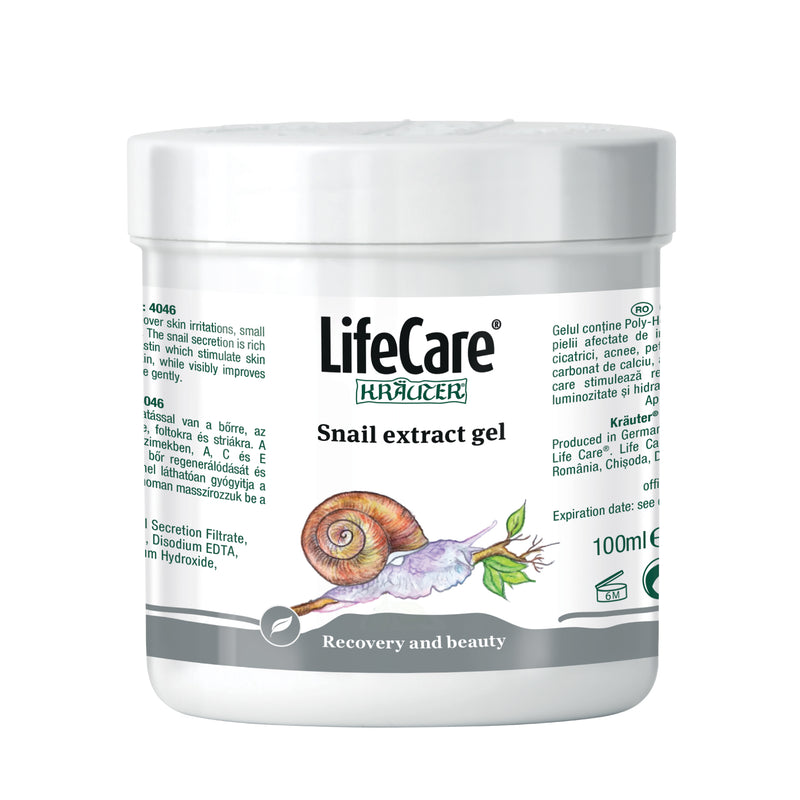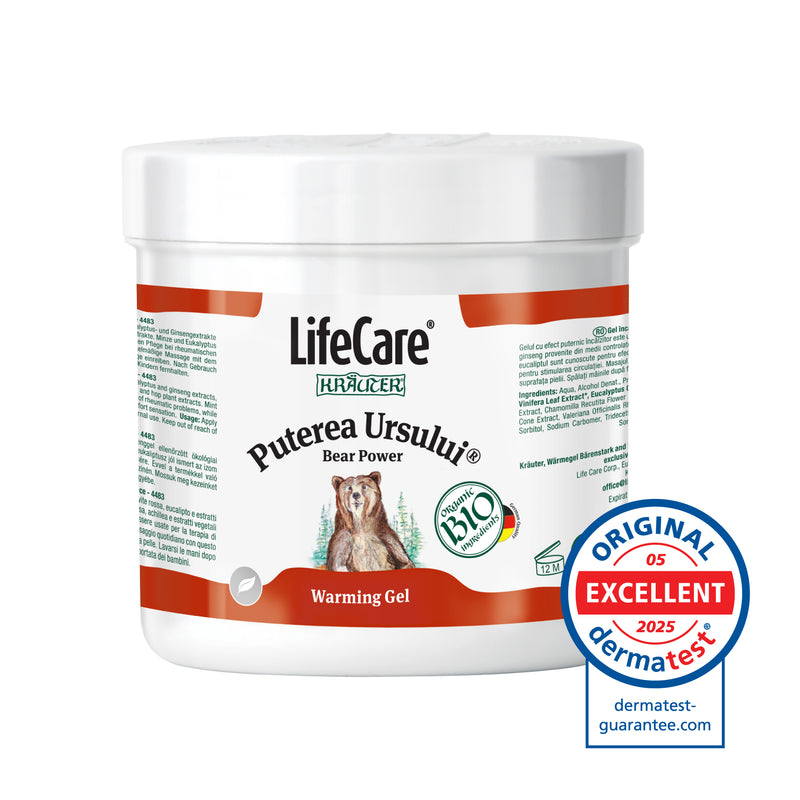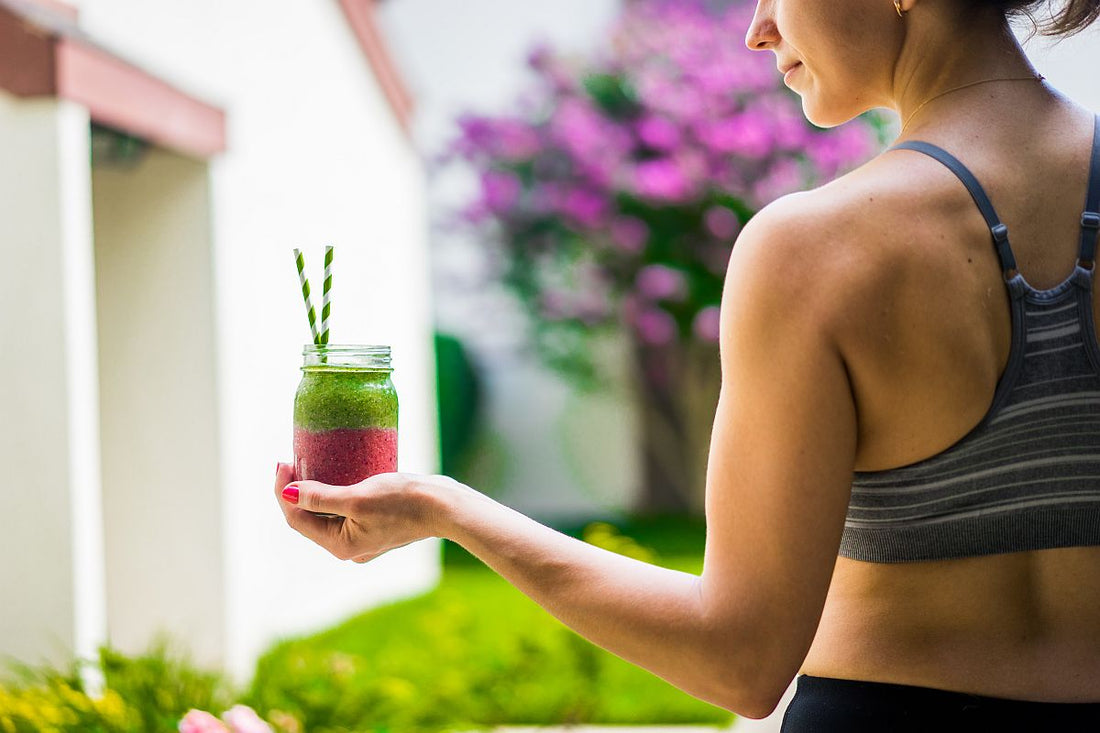Should we have a calorie intake adapted to the volume, intensity and complexity of training? Or should we have a calorie intake in accordance with the type of exercises we perform? (Force or cardio)
The caloric intake must increase directly in proportion to the rate of parameters (volume, intensity, complexity), as long as the individual wants to have a manifestation in the ideal parameters of the physical exercise (good yield). The origin of the calories must be adapted according to the type of effort and training stage, especially in athletes or individuals with a certain motor goal. So…
Higher carbohydrate intake when practicing aerobic endurance and endurance (medium and long distances, pedaling, sports games, etc.).
Higher protein intake in power sports (training in the bodybuilding room, dumbbells, powerlifting).
When we have a more intense physical activity should our diet differ from a normal day?
An individual who makes movement and exercise without a certain performance objective needs the same number of meals as an individual who does not move. Man is defined as being flexible, always in action and movement, let's not forget that!
An individual who practices sports, both at the level of amateurs and at the level of performance, needs a number of meals adapted to the sports branch that practices it. The number of meals can vary between 2 and 6 per day.
A very important aspect, next to meals is the content, from a nutritional point of view, and the origin of nutrients (absorption speed, assimilation capacity). It should not be missing from the nutrition of an individual who moves, foods with a high content of vitamins and minerals (automatically contained and fiber), complex carbohydrates, high biological value, unsaturated and tired lipids.
Why is it important to drink a lot of water when we play sports?
Hydration is very important, and those who do not recommend water during workouts have certain goals, within the immediate deadline. With perspiration, many minerals are lost, it is good to always have water glass at hand! Each body has an individual liquid requirement. Drinking a lot of water is a generality. A basic index is the consumption of 150-200 ml of water at 15-20 minutes during sustained physical activities. For a more professional approach, tests can be done that determine the need for each individual, in relation to the type of effort that practices it.
Where do we take the good quality carbohydrates needed to restore the glycogen reserves from the body?
The necessary carbohydrates, which help us to maintain, restore or increase the level of glycogen in the body - before, during and after the physical exercise, we take them from fruits and vegetables with increased fructose and processed foods specially created to support physical exercise: supplements such as gels, sticks, drinks, jelly, caps. powders).
Supplements during training (ie exactly those in the process of conducting motor activity), are specially designed as an adjuvant of those who consume them. They are designed and divided into categories, depending on the type of effort, duration, intensity, conditions (heat, humidity, sun exposure, cold).
What do we say about the "jar" proteins taken by young people?
They are not only protein in the jar, they can also be carbohydrates in jar, vitamins, minerals, fiber. The products referred to, are called nutritional supplements.
Nutritional supplements are substances approved by the Ministry of Health and have no connection with steroids that are forbidden substances both nationally and internationally. Not to be confused between the 2 categories!
Supplements, as the name tells them, supplement the basic nutrition of an individual, and do not come to replace it. Nutritional supplements can also be used by people who do not move with a beneficial effect on health. The discussion about supplements is much broader due to the numerous uninitiated opinions ...
How long before exercise is good to have food break?
It depends on the type of effort we will make and the predominant macronutrients of the table before training. Ideally, it is to serve meal at least 2 hours before physical exercise. A fist of raw seeds, nuts, dried fruits or 25 gr. Bitter chocolate, especially if the physical exercise is cardio type. And do not forget to hydrate yourself very well, before, during and after the training.
What food should not be missing from daily diet?
That in the nutrition of any person, it is very important to pay attention to calories, but especially where they come from! We cannot compare a bunch of grapes, his calories, with those from a napolitan !!! They can have the same number of calories, except that the grapes have calories full of nutrients, vitamins, phytonutrients, while napolitan has only empty calories, being totally devoid of any favorable nutritional trace. Attention more to the type of calorie than their number!
5 fruits in one day, 5 vegetables and a handful of raw seeds, here is a recipe for good condition and health (also for beauty!). Later, a source of protein is essential, especially for the type of anaerobic training. Daily, 1gr protein/kg body, is an average of the specialized guidance lately. Not to miss hemp and chia seeds, spirulina supplements, milk serum shacks or soy protein isolation, all come to complete the daily resource of essential amino acids.
Without everyday physical movement, we get older faster and health cries for help!

Article written by conf.univ.dr. Lavinia Melania Bratu, biologist, clinical psychologist, nutrition counselor




